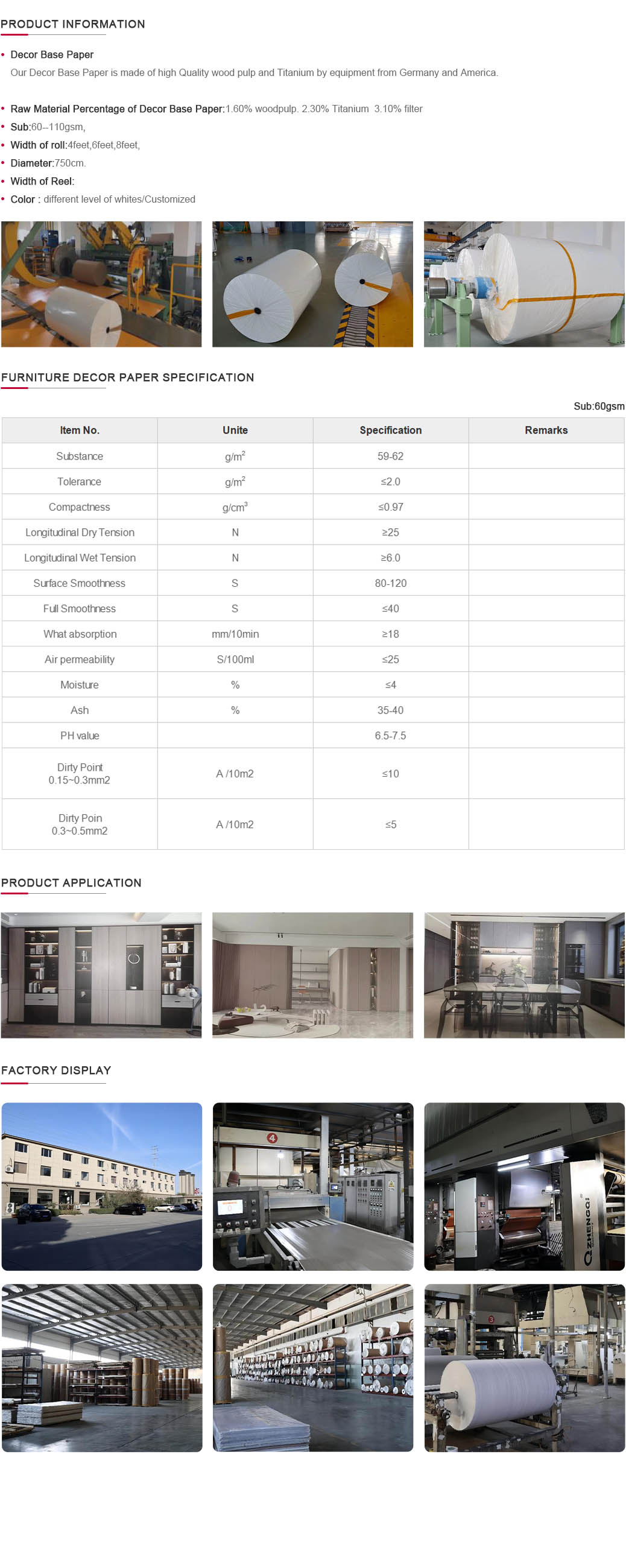- Home
- Bookcase Paper Suppliers and Exporters for Quality Stationery and Office Products
Sep . 28, 2024 23:22 Back to list
Bookcase Paper Suppliers and Exporters for Quality Stationery and Office Products
The Global Landscape of Bookcase Paper Exporters
In an era where environmental sustainability has become paramount, industries are actively seeking ways to minimize their carbon footprints. One such industry involves paper production and export, particularly focusing on materials used in furniture like bookcases. The role of bookcase paper exporters in this global marketplace is pivotal. These exporters not only cater to the growing demand for eco-friendly materials but also contribute significantly to both local and global economies.
Understanding Bookcase Paper
Before delving into the export market, it’s essential to comprehend what bookcase paper entails. Bookcase paper generally refers to the materials used in the manufacturing of bookcases, which may include a variety of paper types, such as laminate paper, decorative paper, or even recycled paper products. These materials are crucial for aesthetic appeal and durability, often serving as surfaces that enhance the visual appeal of the furniture while also providing sturdy support.
The Importance of Exporters
Bookcase paper exporters play a critical role in the supply chain. They facilitate the shipping of paper materials across borders to manufacturers who produce bookcases. These exporters must navigate complex logistics, including international trade regulations, tariffs, and varying import/export rules. Their expertise ensures that manufacturers have access to high-quality materials needed to create stylish and durable furniture.
Sustainability and Eco-Friendliness
One of the most significant trends in the bookcase paper export market is the shift towards sustainability. With increasing awareness of environmental issues, many exporters are focusing on providing eco-friendly options. This can include papers made from recycled materials, as well as products that are sourced from sustainably managed forests. Certification systems, such as the Forest Stewardship Council (FSC), are becoming more prevalent, ensuring that exported products meet rigorous environmental and social standards.
By prioritizing sustainable practices, bookcase paper exporters not only meet consumer demand but also contribute to broader environmental goals. This shift towards eco-friendliness is essential as the furniture industry faces mounting pressure to reduce waste and promote recycling initiatives.
bookcase paper exporters

Market Trends and Innovations
The global market for bookcase paper is continually evolving, driven by consumer preferences and technological advancements. For instance, the rise of e-commerce has transformed the demand for ready-to-assemble furniture, leading to an increase in the need for lightweight and easy-to-manufacture paper materials. This trend creates opportunities for exporters to innovate and develop new products that meet changing market needs.
Moreover, advancements in printing technology have paved the way for high-quality decorative papers that can enhance the appeal of bookcases. Tactile finishes, vibrant colors, and unique patterns are now common, enabling manufacturers to produce customized pieces that cater to diverse consumer tastes.
Challenges Faced by Exporters
While the market for bookcase paper export is ripe with opportunities, several challenges persist. One major issue is the fluctuation of raw material prices, which can significantly impact profit margins. Exporters must maintain strong relationships with suppliers to ensure the stability of their supply chains.
Additionally, competition in the global market is fierce. Exporters must differentiate themselves not only through quality and price but also through their commitment to sustainability practices. As more companies enter the market, standing out becomes increasingly vital.
The Road Ahead
Looking to the future, the bookcase paper export industry is poised for growth as global demand for furniture continues to rise. As consumers increasingly seek environmentally friendly choices, exporters who emphasize sustainability, innovation, and quality will likely thrive. Strategic partnerships, investments in technology, and a focus on consumer trends will be essential for navigating this dynamic landscape.
In conclusion, bookcase paper exporters are crucial actors in the global furniture supply chain. Their commitment to sustainability, coupled with an ability to adapt to market changes, positions them well for the future. By embracing these challenges and opportunities, they will continue to shape the industry, providing the eco-friendly materials that are essential for creating beautiful, functional furniture in homes around the world.
Latest news
-
High-Quality Bathroom Cabinet Contact Paper – Durable & Stylish Leading Suppliers, Exporters, Manufacturers
NewsJul.08,2025
-
Premium Wood Contact Paper for Desk – Reliable Suppliers & Exporters
NewsJul.08,2025
-
Premium Contact Paper for Table Top – Durable & Stylish Surface Solution from Leading Manufacturer
NewsJul.07,2025
-
Duplex Board with Grey Back - Reliable Supplier & Competitive Price Manufacturer & Exporter
NewsJul.07,2025
-
Premium White Contact Paper on Cabinets – Trusted Exporters & Suppliers
NewsJul.06,2025
-
High-Quality Duplex Board Packaging for Food Reliable Manufacturer & Supplier
NewsJul.06,2025

